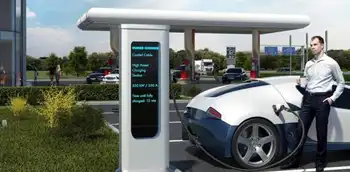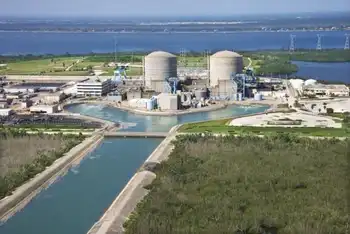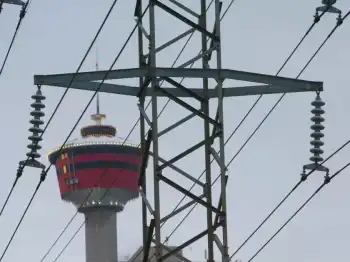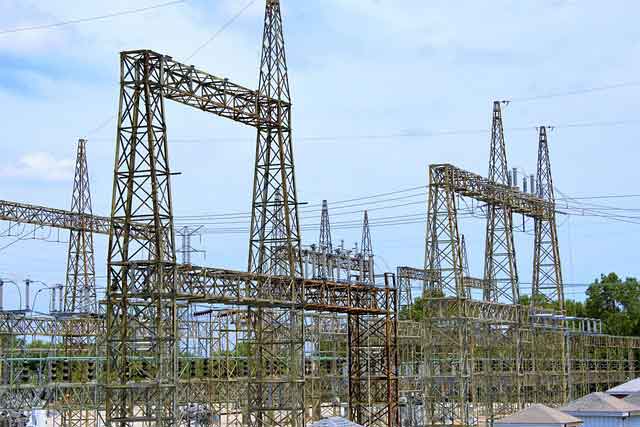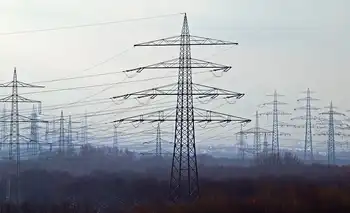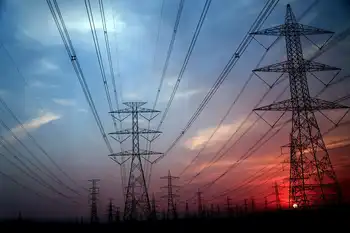Massachusetts ramping up renewable energy
By Associated Press
High Voltage Maintenance Training Online
Our customized live online or in‑person group training can be delivered to your staff at your location.

- Live Online
- 12 hours Instructor-led
- Group Training Available
Much of the electricity — from solar and wind to landfill methane gas and low-emissions biomass — comes from within Massachusetts, but other New England states, New York and neighboring Canadian provinces also add to the total amount of green power available to local utility companies.
The amount of that available power nearly doubled from more than 940,000 megawatt hours in 2006 to about 1.6 million megawatt hours in 2007, according to a new report from the state Department of Energy Resources.
That meant utilities had more than enough green power to meet their obligation to purchase at least 3 percent of their electricity from renewable sources in 2007.
Environmental Affairs Secretary Ian Bowles said the jump in production reflects the "mainstreaming of renewable power into our electric generation mix."
"The naysayers have said for a long time that renewable power is not going to be produced in large enough quantities, that it's too expensive, it's too hard to develop," he said. "What we're seeing is a rapid response out of the market."
The so-called "Renewable Energy Portfolio Standards" were created as part of the state's 1997 utility restructuring act. One goal of the law was to diversify sources of electricity in Massachusetts and create demand in the market to help spur the development of renewable power.
The standards first took effect in 2003. The amount of renewable energy local utilities will be required to purchase will continue to rise. In 2009, the goal is 4 percent and in 2010, the obligation will creep up by 1 percent a year, reaching 15 percent by 2020.
Electricity suppliers that don't meet the goals must pay into the state's Renewable Energy Trust, designed to help fund clean, sustainably generated power in Massachusetts.
In 2007, eight of 24 electricity suppliers fell short and made payments into the fund, although sufficient supplies of renewable energy were available.
Department of Energy Resources Commissioner Phil Giudice said the state needs to keep up the momentum.
"The challenge now is to speed up the development of renewable energy production in Massachusetts to keep pace as we raise our goals for the use of clean energy," he said.
Massachusetts has some existing renewable energy sources, including hydropower dams and natural gas from landfills. There are also plans to build three wood-burning plants and a 15 megawatt wind farm in the Berkshires.
The state's highest profile renewable energy project is Cape Wind, which would build 130 energy-producing wind turbines in Nantucket Sound.
A study commissioned by the state found that renewable energy projects in Massachusetts currently under construction, design, or consideration would, if approved and developed, meet roughly half of the 2020 requirement of 15 percent of generation.
To help maintain the momentum, the state enacted a law that requires energy companies that purchase green energy to enter into long-term contracts of 10 to 15 years with producers. That guarantee of funding helps green energy companies persuade banks to loan them the money needed to expand renewable plants.
The push for renewable energy is spreading.
Massachusetts was one of the first states to institute a mandate. Now more than 20 states have some version of a green power purchasing requirement, Bowles said.
He said the shift to green energy makes more than just economic sense. It also helps clean the air and wean the country off foreign oil.
"The more we can continue to build power plants that have nothing to do with fossil fuels, that's a long term hedge against he volatility of fossil fuels," he said.





